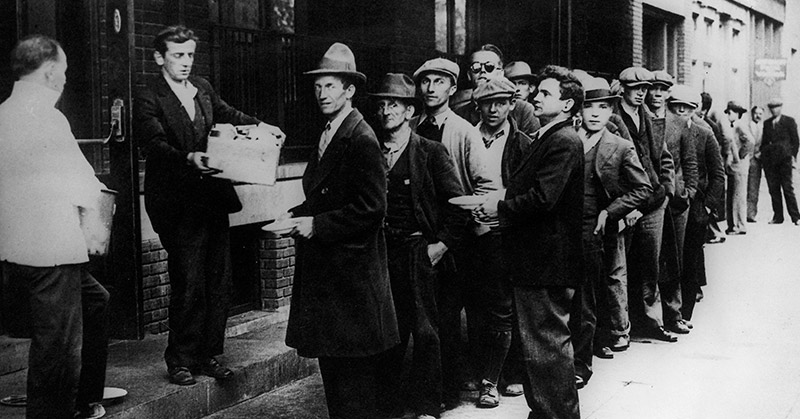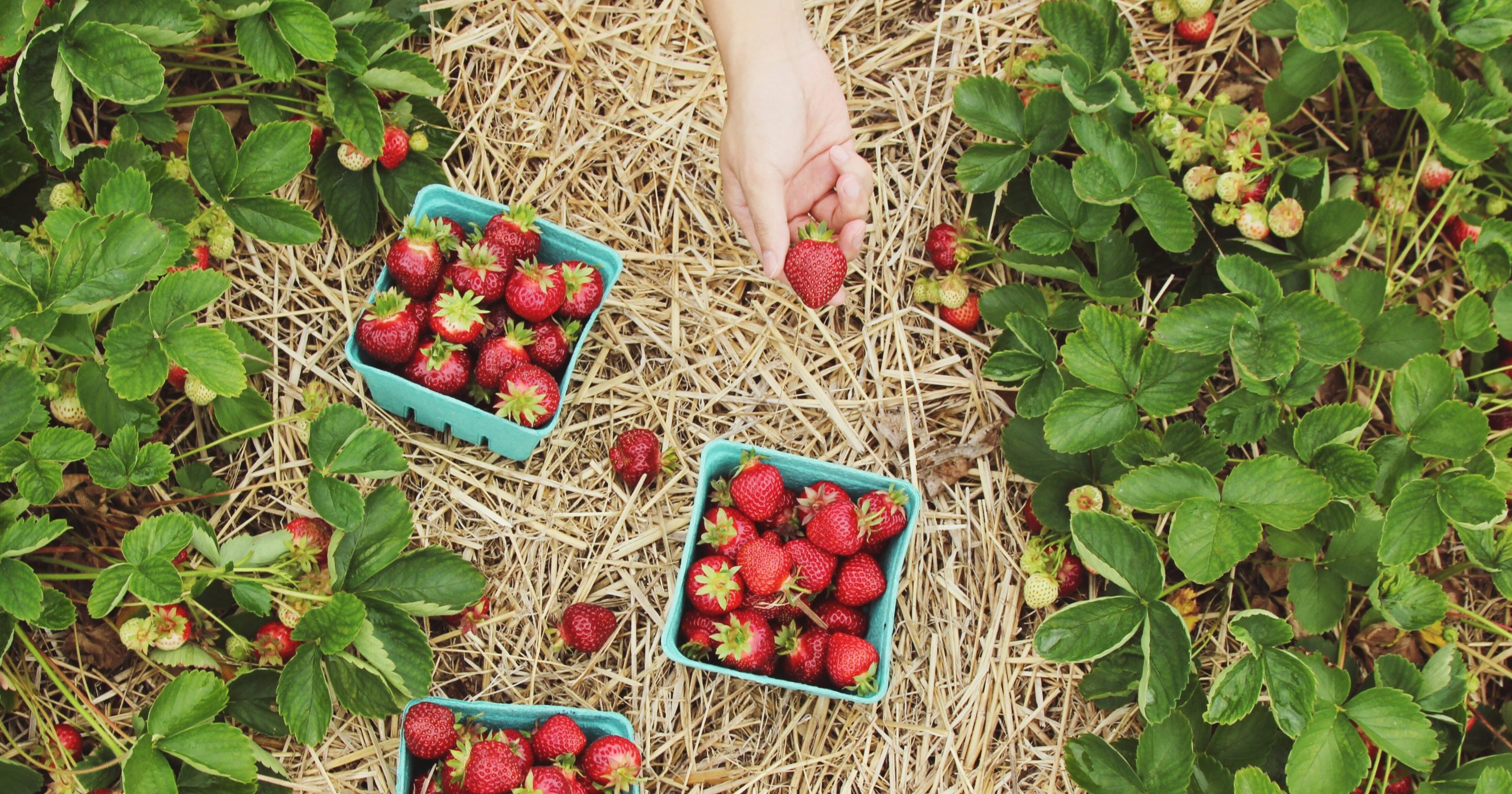The Great Depression began with the U.S. stock market crash of 1929. The following year, the Dust Bowl began, which made the Great Depression into an even greater calamity. At its worse, the unemployment rate rose to nearly 25% around 1933, which lead to incredible suffering across the country. After about a decade, the U.S. dug itself out of the depression and went on to defeat fascism in the second world war. Every family came away having learned some frugal living tips from the great depression. What we learned can still be adhered to today.
The world is facing a growing concern over economic instability, war, and recession. Economic instability is when a country’s economic system is in flux, and it is often the result of global economic shifts, political instability, and natural disasters. War is another factor that can lead to economic instability, as it can disrupt trade and cause a disruption in the supply of goods and services. The global recession of 2008-2009 was a stark reminder of the fragility of the world’s financial systems and the potential for economic instability and recession.
As the world becomes increasingly interconnected, the effects of economic instability and recession can be felt far and wide. Many countries are facing a decline in economic growth, and this can lead to poverty, inequality, and social unrest. In addition, war and conflict can lead to decreased access to resources and a decline in productivity and investment.
Furthermore, the recent pandemic has had a significant impact on the world’s economy. In addition to the economic recession, the pandemic has caused a disruption in supply chains, leading to a decline in production and a decline in global trade. As a result, countries have had to impose strict lockdowns and social distancing measures, which have had a negative impact on businesses and individuals.
The world is facing a growing concern over economic instability, war, and recession, and it is important that governments, businesses, and individuals take action to ensure economic stability and prosperity. Government intervention in the form of fiscal and monetary policy can help to stabilize the economy, while businesses and individuals need to take steps to ensure their own financial security. By taking proactive measures to address these issues, we can work together to ensure a more prosperous and stable future for everyone.
Frugal living tips from the Great Depression
Because of the coronavirus pandemic, more people around the world are worried about the prospect of another economic crisis like the Great Depression and are looking to stretch their dollars, live more frugally, save more money, and live fuller, more enjoyable lives in the process. Many of the people alive during the Great Depression are no longer alive, but their secrets for survival are not lost. These are 10 of the most effective frugal living tips from the Great Depression which can be implemented in our lives today.
Create a strict budget
If you’ve recently lost your job and have gone on unemployment, have reduced hours or pay, or are concerned that your job could be on the chopping block in the immediate future, the first thing you should be doing is creating a strict budget. Budgeting your expenses is the ultimate frugality tip. Go through all of your monthly expenses and look at ways to reduce or completely cut out each individual line item. If you mostly watch one streaming platform, do you really need to pay for 3? Is there anything you can do to cut down your utility bill? How often do you really need to order out dinner? These are all important questions to ask when looking at your budget.
Plan to spend an hour in your kitchen every day
The time you spend in your kitchen every day can have a major impact on how you spend your money. Have you ever walked into your kitchen, looked at what a huge mess it was, and ordered a $25 pizza instead of cooking a $7 meal from scratch? I know it’s happened to me – countless times. When my space is disorganized, I kind of throw my hands in the air and give up. But the more time I spend in the kitchen, the more frugal I wind up being.
How much time do you think you spend in your kitchen every day? According to the USDA, the average adult American spends 37 minutes a day in their kitchen. Adding another 23 minutes of kitchen time devoted to cleaning, organizing, and maintaining and inventory of kitchen necessities can make all the difference.
Grow a garden
Growing a garden, no matter the economic conditions, is an important skill to learn, perfect, and put into practice. Gardening provides your family with inexpensive, healthy food. It also helps strengthen your local economy, build more resilient communities, and in a worst case scenario could mean the difference between your family having plenty during the winter months or not enough. If you’re short of space, consider learning to container garden.
Raise chickens for meat and eggs
In 1928, the Republican party ran on the promise of “a chicken in every pot and two cars in every garage.” This was a difficult promise to deliver on and it was partly responsible for Herbert Hoover’s loss to Franklin Delano Roosevelt in 1932. Still, the notion of everyone being able to eat chicken as something out of reach probably seems shocking to us, and that the failure to deliver on this promise cost a sitting president their election seems a little ridiculous. Today, we can visit a grocery store and buy a chicken, but during an economic depression, and specially one caused by a pandemic, a chicken in every pot may be hard to come by.
Fortunately, you can raise your own chickens for meat or eggs without much difficulty. Chickens are fairly self sufficient creatures, requiring basic shelter, a bit of space, fresh water, and a steady supply of feed. A fully grown hen will lay 200 or more eggs every year, and many heritage breeds of chicken are ready to butcher at 16 to 22 weeks of age. There could come a time when chicken isn’t in the store, and you’ll be glad you decide to get some chicks before things went too far south.
Raising your own chickens for meat and eggs almost always runs less expensive than anything you would purchase in the grocery store.
If you’re short on space, raise quail
If you read the last bullet point and thought ‘there’s no way I could raise a chicken in the limited space I have,’ don’t give up! Chickens aren’t the only type of poultry that you can raise. Consider raising quail instead. Quail are much smaller birds but they still produce a nutritious egg and supple meat. If you have a 3 by 5 foot space, you can have as many as 10 quail hens and a rooster, which will supply you with a steady, sustainable source of meat and eggs. 15 square foot isn’t much space at all, and you can double it up by creating a couple stacking pens to take advantage of vertical space.
Waste nothing
One of the core principles of surviving the Great Depression was to simply waste nothing. No food scrap was useless. It could be made into a soup stock, regrown, thrown in a compost heap – the list goes on. Clothes that were torn could be mended. Items that were broken could be repaired. Next to nothing went into the garbage. Everything could have a second use. Before you toss something in the garbage, ask yourself if it can be reused in some way? Chances are, the question is yes.
Never say no to a dollar
If the opportunity to make a little money presents itself, take it. You might scoff at the notion of taking an odd job to make $20 but think about how far you can actually stretch a crisp $20 bill. $20 at the grocery store can buy you and your family a couple of home cooked meals. You never know, you may end up in a situation where $20 could mean the difference between a couple days being fed or a couple days of suffering. Take every opportunity to make a little money.
Buy used and second hand
When being frugal, never ever buy anything new. Look on Craigslist, Facebook Marketplace, Nextdoor, and any other apps or websites where neighbors try to get rid of things they no longer need. When looking for new clothes, don’t buy new. Instead, shop at a second-hand thrift store. The decision to buy nothing new can have a huge impact on your finances and really up your frugality game in a big way.
Learn tangible skills
In 2020, many of the jobs available don’t require you to know how to produce something tangible. You might go to work in an office for 8 hours, work hard, and accomplish a lot, but did you physically create something that someone could by, or provide a tangible service of some kind? Now is a perfect time to learn to make, learn to fix, learn any skill that could be useful and in demand in an economic depression.
Pick up books on crafting. Learn to sew. Learn to pour candles. Learn to make artisinal goods looks cheese, butter, soap, and more. If you’ve learned a skill that you can market, it could really save your hide.
Share and create good will
Last on our list is share and create good will. In times of uncertainty, it’s easy to feel an impulse to hoard, hide, and defend what you have, but in good times and bad, everyone does better when everyone does better. Rugged individuals might survive, but collaborative communities will thrive. If you stick your neck out and help your neighbors, they are much more likely to return the favor. So if you’ve got something extra to share, share it. If you have enough dough to make two extra loaves of bread, do it and hand them out to your neighbors.
This list is only just beginning. Check back often! We’ll be updating you with more frugal living tips from the Great Depression.













